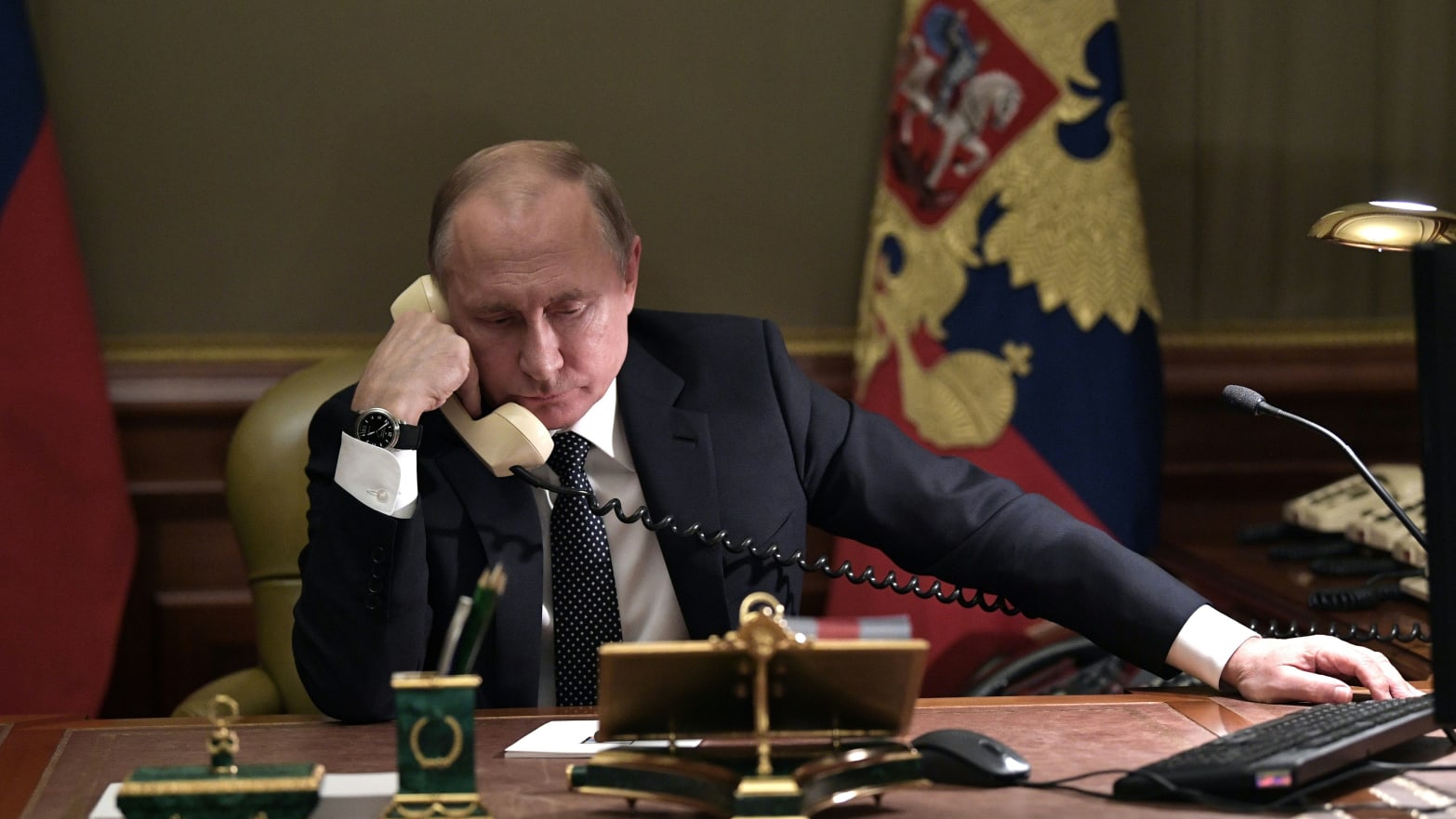boomer crook wrote:imaju operatere koji govori ruski?
Да ли покривају и оне што размишљају о туђем самоубиству?
 Re: Rusija i sve vezano za nju
Re: Rusija i sve vezano za njuboomer crook wrote:imaju operatere koji govori ruski?
 Re: Rusija i sve vezano za nju
Re: Rusija i sve vezano za nju
 Re: Rusija i sve vezano za nju
Re: Rusija i sve vezano za nju Re: Rusija i sve vezano za nju
Re: Rusija i sve vezano za njuJack Palance wrote:Putin sad i kad bi umro prirodnom smrću tipa infarkt ili tako nešto svejedno bi svi mislili da mu je neko
 Re: Rusija i sve vezano za nju
Re: Rusija i sve vezano za nju Re: Rusija i sve vezano za nju
Re: Rusija i sve vezano za nju Re: Rusija i sve vezano za nju
Re: Rusija i sve vezano za nju Re: Rusija i sve vezano za nju
Re: Rusija i sve vezano za nju Re: Rusija i sve vezano za nju
Re: Rusija i sve vezano za nju Re: Rusija i sve vezano za nju
Re: Rusija i sve vezano za nju Re: Rusija i sve vezano za nju
Re: Rusija i sve vezano za nju Re: Rusija i sve vezano za nju
Re: Rusija i sve vezano za njuVijetnam nije pao za Nixona nego u Fordovom mandatuJack Palance wrote:Nikson nije odleteo zbog Vijetnama
Kontrolu nad šijitima je imao, pobuna je ugušena u manje od mjesec dana, poslije Sadamova dominacija nad Basrom, Karbalom itd. nije dolazila u pitanje dok nisu Blairites osvanuli pred BasromVilmos Tehenészfiú wrote:Sadam je vladao “skraćenim” Irakom. Nije imao kontrolu nad Kurdima na severu i nad arapskim Šitima na jugu. Putinov problem, ako izgubi rat, će biti Čečnija, Dagestan i slične republike gde nema Rusa.
 Re: Rusija i sve vezano za nju
Re: Rusija i sve vezano za njuJack Palance wrote:Putin sad i kad bi ispao kroz prozor svejedno bi svi mislili da mu je neko nešto sipao u čaj.
 Re: Rusija i sve vezano za nju
Re: Rusija i sve vezano za nju Re: Rusija i sve vezano za nju
Re: Rusija i sve vezano za nju Re: Rusija i sve vezano za nju
Re: Rusija i sve vezano za njuThe other factor that had been ignored in the literature, according to Goemans, was domestic politics. States were considered unitary actors with set interests, but this left out the internal pressures placed on the government of a modern nation-state. Goemans created a data set of every leader of every war-fighting country between 1816 and 1995, and coded each according to a tripartite system. Some leaders were democrats; some were dictators; and some were in between. According to Goemans, democrats tended to respond to the information delivered by the war and act accordingly; at the very worst, if they lost the war but their country still existed, they would get turned out of office and go on a book tour. Dictators, because they had total control of their domestic audience, could also end wars when they needed to. After the first Gulf War, Saddam Hussein was such a leader; he simply killed anyone who criticized him. The trouble, Goemans found, lay with the leaders who were neither democrats nor dictators: because they were repressive, they often met with bad ends, but because they were not repressive enough, they had to think about public opinion and whether it was turning on them. These leaders, Goemans found, would be tempted to “gamble for resurrection,” to continue prosecuting the war, often at greater and greater intensity, because anything short of victory could mean their own exile or death. He reminded me that on November 17, 1914—four months after the First World War began—Kaiser Wilhelm II met with his war cabinet and concluded that the war was unwinnable. “Still, they fought on for another four years,” Goemans said. “And the reason was that they knew that if they lost they would be overthrown, there would be a revolution.” And they were right. Leaders like these were very dangerous. According to Goemans, they were the reason that the First World War, and many others, had dragged on much longer than they should have.
 Re: Rusija i sve vezano za nju
Re: Rusija i sve vezano za nju Re: Rusija i sve vezano za nju
Re: Rusija i sve vezano za nju Re: Rusija i sve vezano za nju
Re: Rusija i sve vezano za nju Re: Rusija i sve vezano za nju
Re: Rusija i sve vezano za nju Re: Rusija i sve vezano za nju
Re: Rusija i sve vezano za nju1/ Were the Tajiks who carried out a mass shooting at a Russian training ground on 15 October forcibly mobilised against their will? Reports from Russian and Tajik-language media suggest this may indeed have been the case, though much still remains uncertain. 🧵 follows. pic.twitter.com/ClJorrGqRf
— ChrisO (@ChrisO_wiki) October 20, 2022
 Re: Rusija i sve vezano za nju
Re: Rusija i sve vezano za nju Re: Rusija i sve vezano za nju
Re: Rusija i sve vezano za njuJednom se Orlov prejeo papule i umro. A Kirilov je saznao za to i takođe umro. A Spiridonov je umro sam od sebe. A Spiridonovljeva žena je pala s kredenca, pa i ona umrla. A Spiridonovljeva deca podavila su se u veštačkom jezeru. A baba Spiridonova se propila i završila na ulici. A Mihajlov je prestao da se češlja i dobio šugu. Kruglov je nacrtao damu s bičem i poludeo. A Perehrestov je telegrafski dobio četiri stotine rubalja i toliko se uzoholio da su ga najurili iz službe.
Sve dobri ljudi, a ne da im se da puste korena.
 Re: Rusija i sve vezano za nju
Re: Rusija i sve vezano za nju Re: Rusija i sve vezano za nju
Re: Rusija i sve vezano za nju